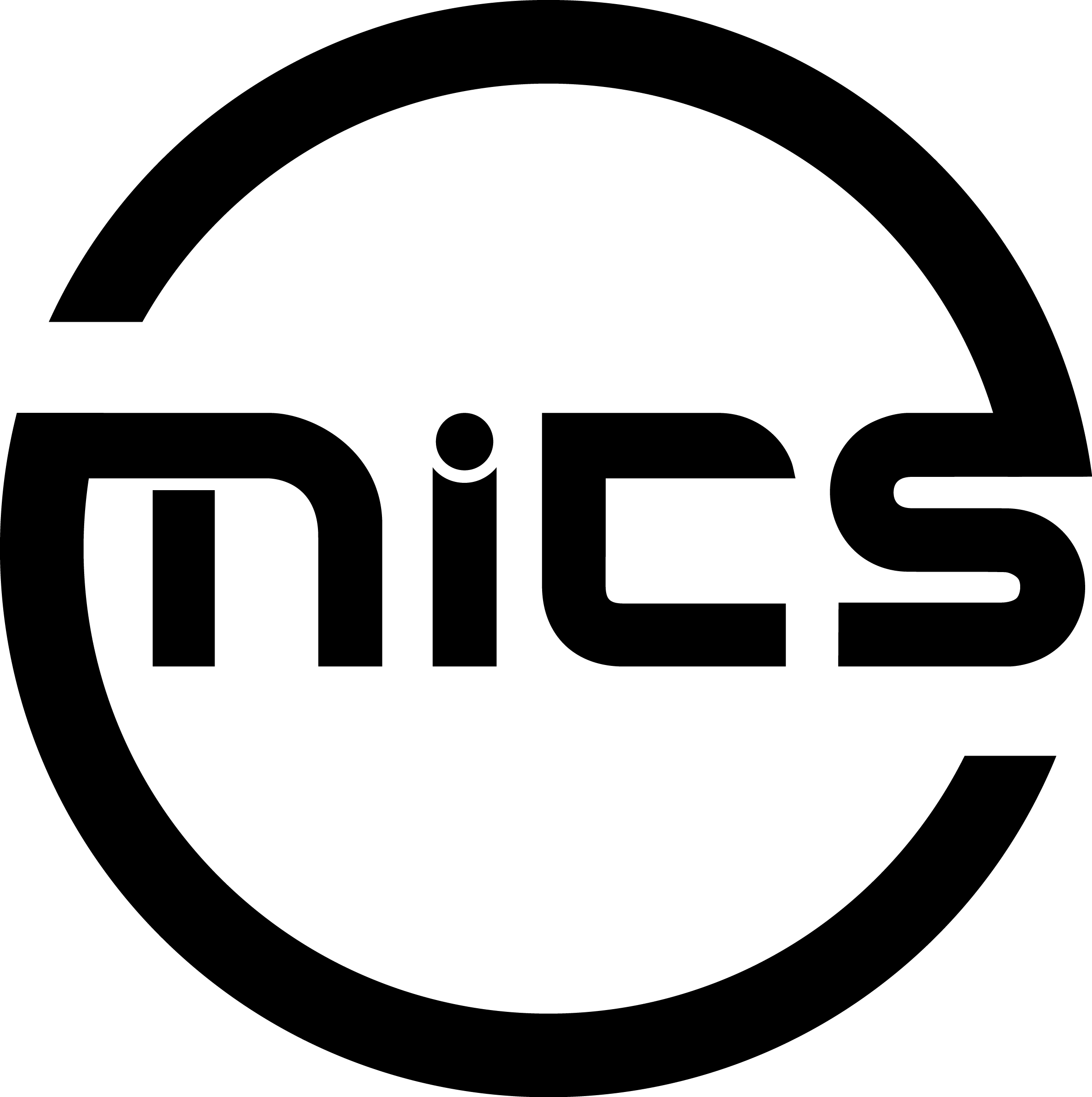Speaker: Shahab Basiri (Department of Signal Processing and Acoustics, Aalto University, Finland)
Title: A new fast and robust bootstrap method for statiscal inference in ICA using the FastICA
Abstract:
Independent component analysis (ICA) is a widely used signal processing technique in extracting unobserved independent source signals from their observed multivariate mixture recordings. The FastICA fixed-point algorithm is one of the most popular ICA algorithms. In this talk, we develop low-complexity and stable bootstrap procedures for FastICA estimators. Such methods enable reliable bootstrap-based statistical inference in large-scale real-world ICA problems. For example testing statistical significance of mixing coefficients in the ICA model can be used to identify the contribution of a specific source signal-of-interest onto the observed mixture variables. An application of the proposed bootstrapping technique in Electroencephalogram (EEG) signal processing is presented.
We also provide an alternative derivation of FastICA. The algorithm has been originally derived and motivated as being an approximate Newton-Raphson (NR) algorithm. In this talk an alternative derivation of the FastICA algorithm is presented that illustrates how the fixed-point FastICA algorithm is coupled with the exact NR algorithm. Furthermore, the new derivation does not require assumptions and approximations that were used in the original derivation.
Biography: Shahab Basiri is a doctoral candidate in the Department of Signal Processing and Acoustics, Aalto University, Finland. He is defending his PhD thesis on “Robust large-scale statistical inference and ICA using bootstrapping” in June, 2018. He received his M.Sc. degree in Communications Engineering from Aalto University in 2014. His research interests focus on methods and theory of statistical signal processing, Big Data analytics, Independent Component Analysis, and blind source separation.
Friday 1st June (Salle des séminaires du L2S: Salle C4.01) at 2:30 PM. Details are given below. Access information are available on the S³ Seminar website: http://www.lss.supelec.fr/scube/
